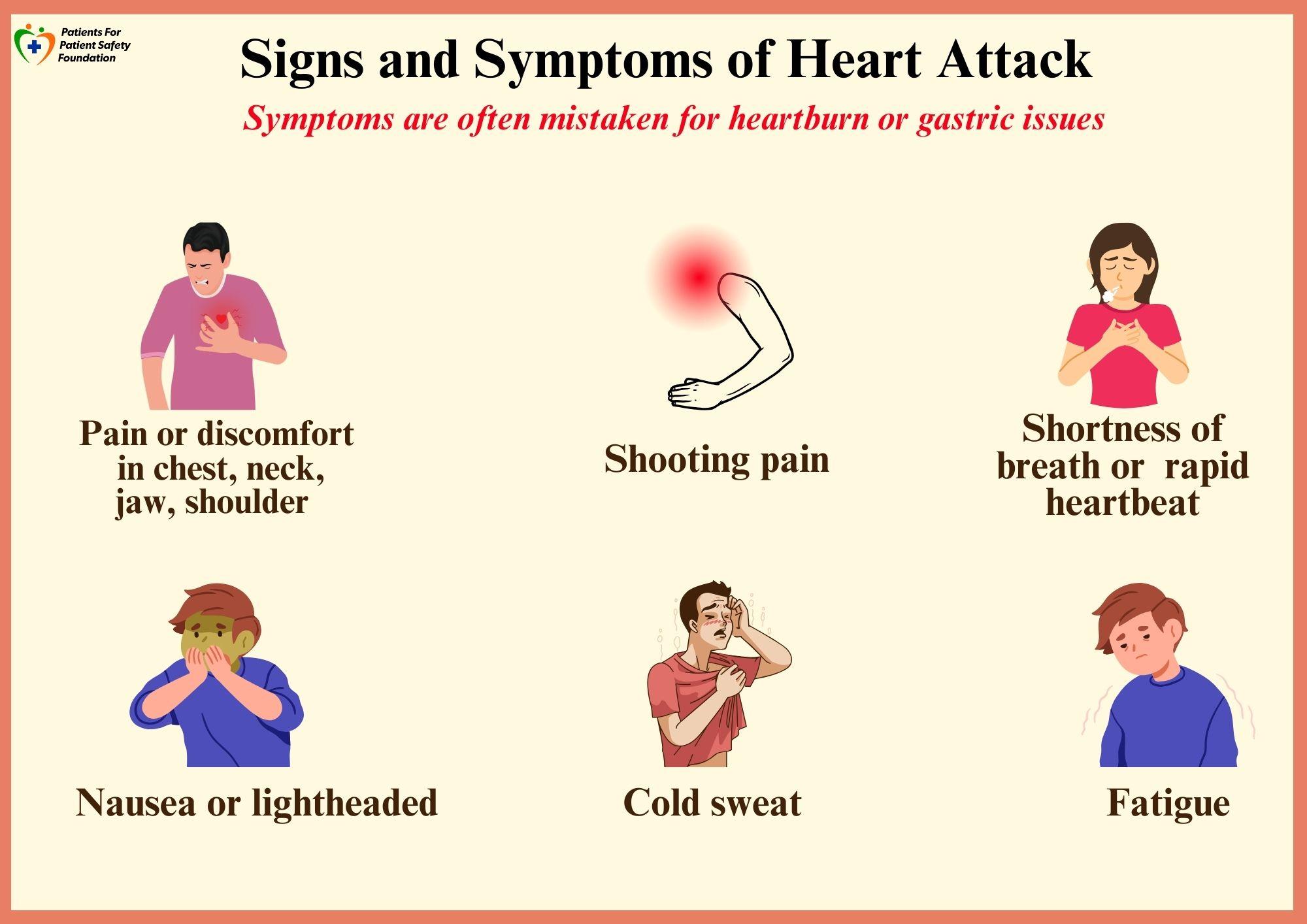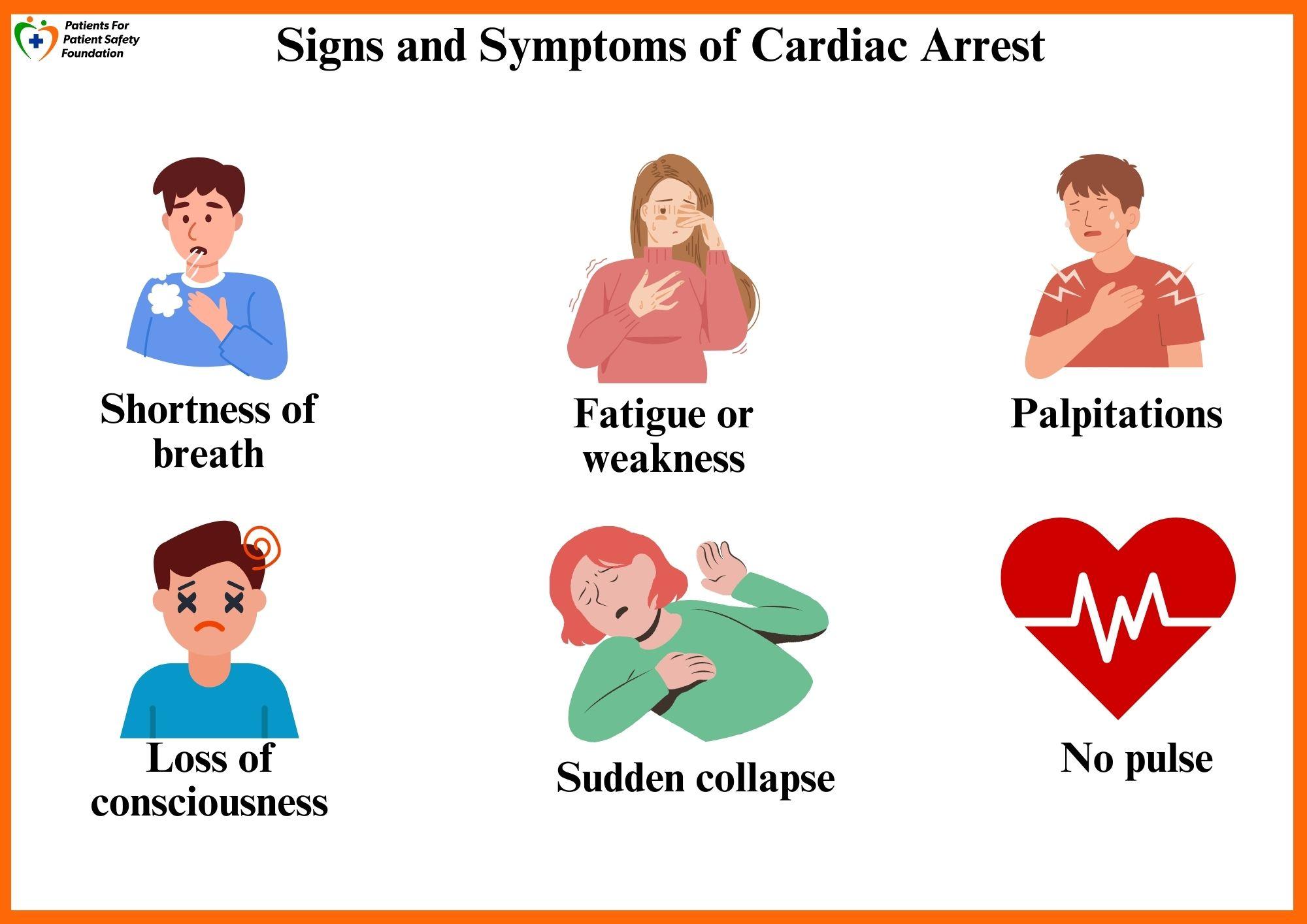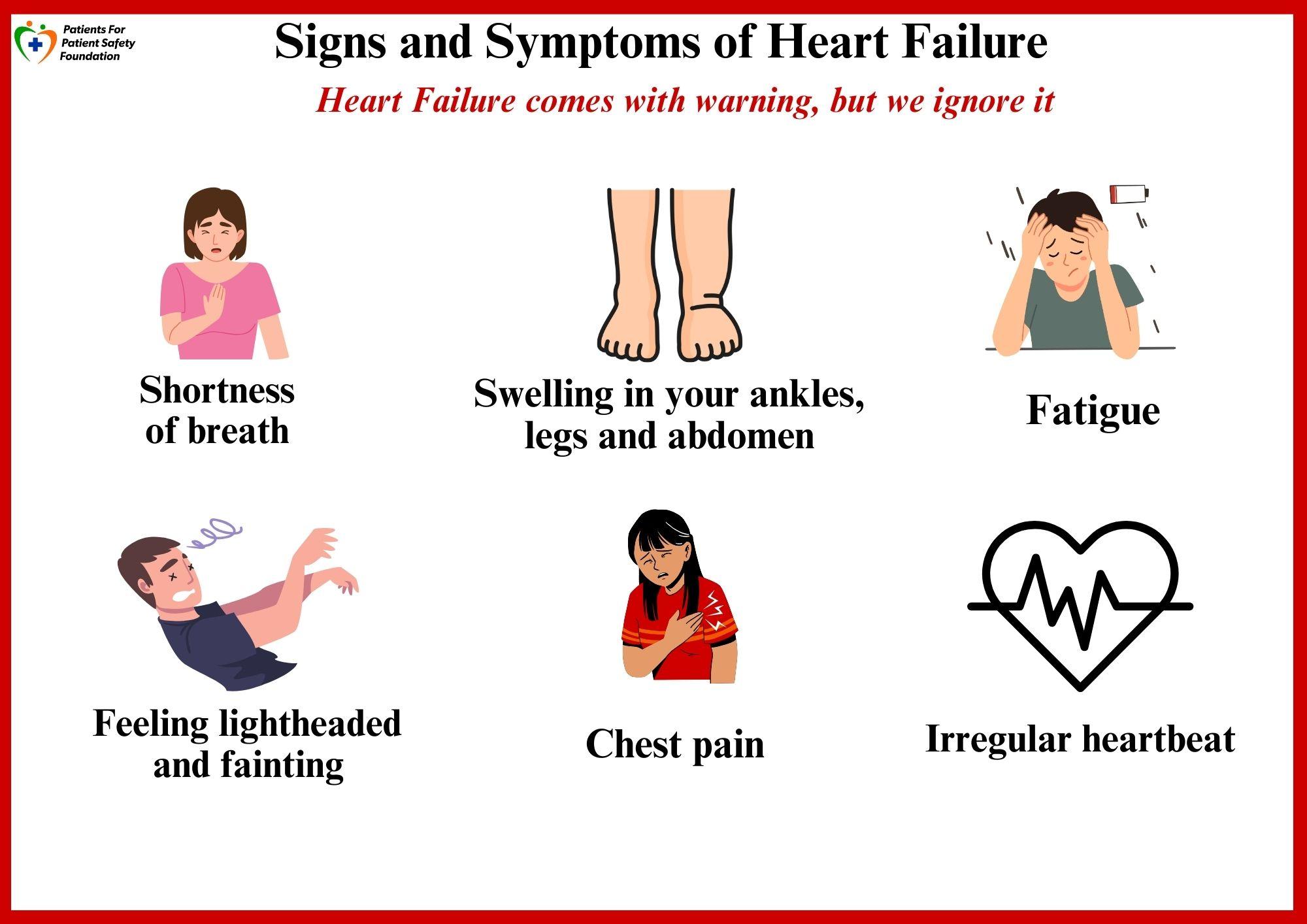
The heart is a vital organ that pumps blood throughout the body, delivering essential nutrients and oxygen to tissues and organs that work all day to circulate blood around the body. On average, a red blood cell in circulation will pass through the heart every 45 seconds. Without a sufficient supply of oxygen, Organs do not function optimally, causing organ damage and death. Despite its remarkable resilience, the heart can risk various problems such as a heart attack, cardiac arrest, and heart failure.
Heart attacks and cardiac arrest tend to happen suddenly and require emergency medical treatment. Heart failure often develops gradually and needs a longer-term management plan.
It is important to know the difference between these conditions which will help you recognise the symptoms in time and help in prevention, for better diagnosis and early treatment.

Heart attack occurs when blood flow to the heart stops or is greatly reduced due to a blockage. Since the heart muscle needs oxygen to survive, when blood flow is blocked, the muscle begins to die. This is why heart attack sufferers need to be rushed into immediate intervention to resolve the obstruction and restore blood flow. Before a heart attack, the body gives early symptoms if we seek help based on these symptoms, we can prevent an episode and address the cause in time.

Click here to Read more: Heart Attack: How to Detect and Respond
Cardiac arrest is an electrical problem triggered by a sudden disruption of the heart's rhythm. As a result, blood does not properly circulate in the body and there is a stop of blood flow to the brain and other organs, causing a person to lose consciousness, stop breathing, and have no detectable pulse leading to death. Cardiac arrest happens in many cases without warning. It is a serious medical emergency and a life-threatening condition that can become fatal if you do not get immediate medical attention.

The symptoms are immediate and sudden, which require immediate emergency treatment to get the heart to restart. These include CPR and external electric shock Defibrillator (AED) In some cases, early symptoms may be visible, which, if attended may prevent the episode.
Click here to Read more: Cardiac Arrest: How to Detect and Respond
Heart failure is a chronic and progressive condition in which the heart is unable to pump blood efficiently to meet the body's needs. It is usually a long-term, chronic condition. Heart failure does not mean the heart has stopped working, but rather that it is weakened and struggling to function properly it could be due to weak heart muscles, malfunctioning of valves and several other conditions. Early detection and treatment, along with lifestyle changes and proper medical care, can contain and significantly improve heart conditions

Click here to Read more: Heart failure - Symptoms and causes
Heart problems can be diagnosed through a variety of tests, and treatment options depend on the specific condition.
Some of these tests are part of the preventive check-ups, which also include stress tests like treadmill which can help detect early signs of heart issues. These can help prevent an episode from happening.
Your doctor will decide the correct treatment options which will vary depending on the type of heart problem.
Heart problems can be managed effectively through early detection and adopting healthy lifestyle habits, promoting heart health and lowers the risk of developing heart disease and other cardiovascular conditions.